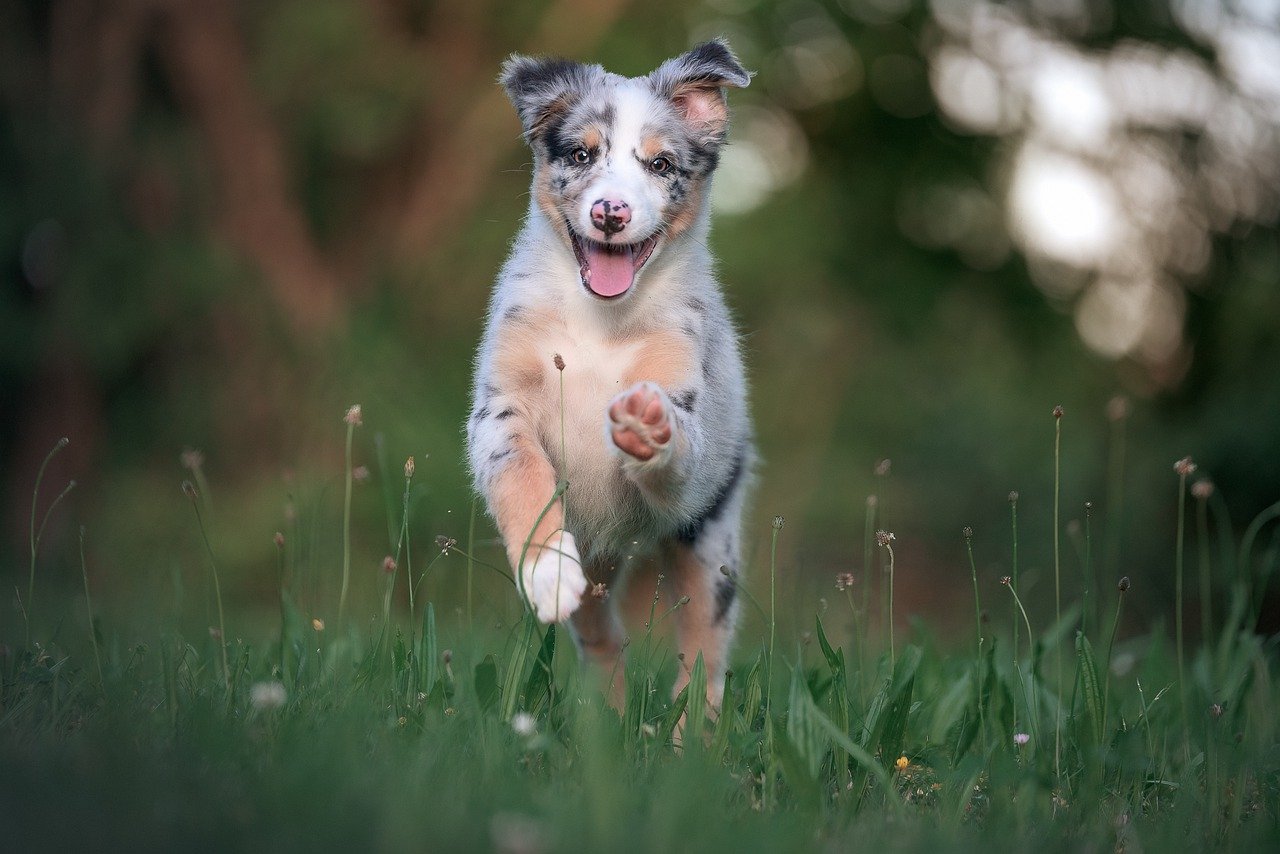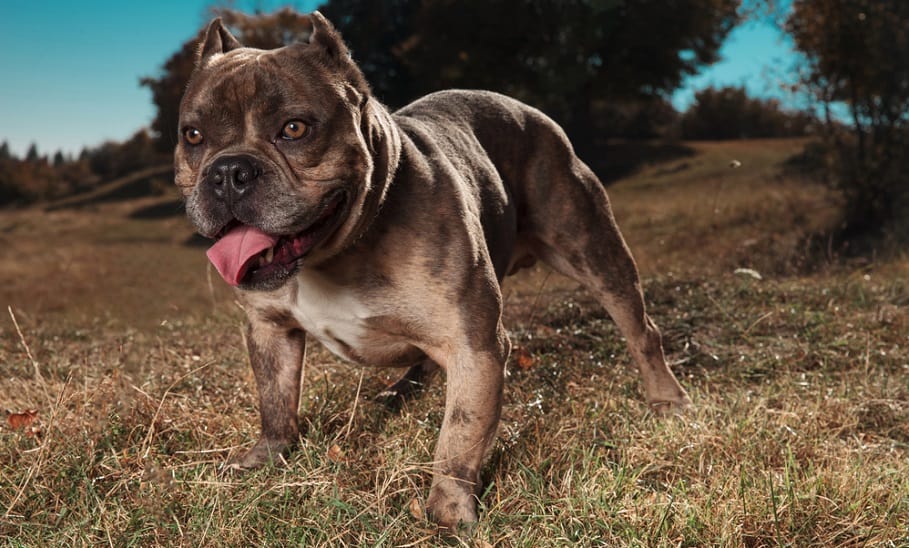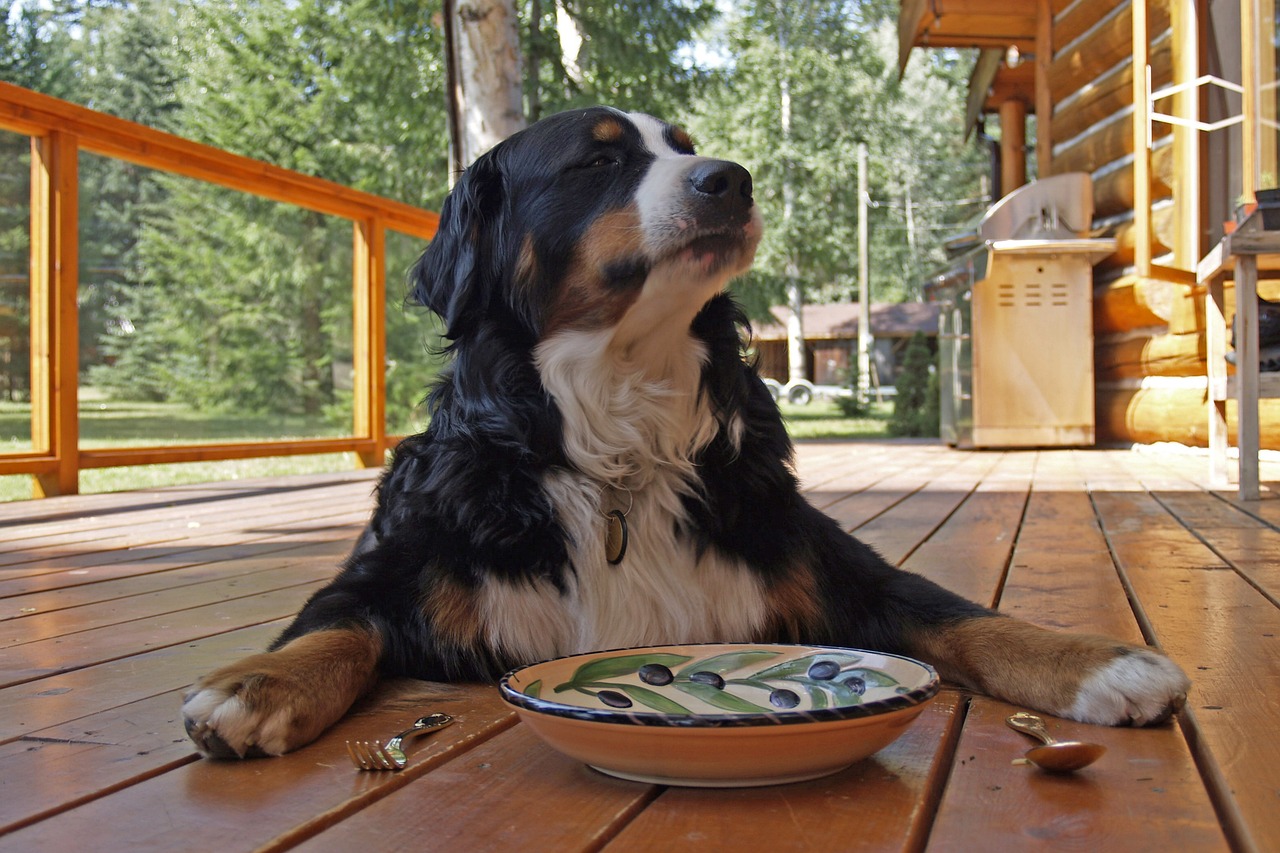
Puppies are undeniably adorable and lovable, but they can also be a handful. As much as we want to spoil, cuddle, and play with them, we also have to deal with their not-so-cute side – destructive behavior problems. Jumping, chewing, playbiting, and other destructive habits can be frustrating and even dangerous. But fret not, as there are ways to handle and manage these puppy problems. In this article, we will discuss the common destructive behaviors in puppies and young dogs, and provide tips on how to address them.
Puppy Problems: How to Handle Jumping and Chewing
Jumping and chewing are two of the most common destructive behaviors in puppies. While they may seem like innocent and playful acts, they can become a problem when your pup grows bigger and stronger. Jumping can lead to injuries or accidents while chewing can result in damaged furniture, shoes, and other household items. To handle jumping, it is important to not encourage it by giving attention or rewards. Instead, teach your puppy to sit or stay when greeting people. As for chewing, make sure to provide plenty of appropriate chew toys and supervise your pup to redirect their chewing behavior.
Playful Pups: Managing Playbiting and Other Destructive Behaviors

Playful pups may seem harmless, but their playbiting can be painful and frustrating. This is a natural behavior for puppies as they explore their surroundings and interact with their littermates. However, it is important to teach them bite inhibition – the ability to control the force of their bite. This can be done by yelping or saying “ouch” when your puppy bites too hard, and rewarding them when they exhibit gentle nibbling. Other destructive behaviors such as digging and barking can also be managed by providing appropriate outlets for their energy, such as daily walks and interactive playtime.
The Not-So-Cute Side of Puppyhood: Dealing with Destructive Habits
As much as we love our furry friends, it can be disheartening to come home to a house that’s been turned upside down by a mischievous puppy. However, it’s important to understand that destructive behaviors are a normal part of puppyhood and can be managed with proper training and patience. Punishment or scolding will only confuse and scare your puppy, making the problem worse. Instead, focus on positive reinforcement and consistency in your training methods.
From Jumping to Chewing: Understanding the Root of Destructive Behavior
Before we can effectively address destructive behaviors in puppies, it’s important to understand the reasons behind them. Jumping is often a sign of overexcitement or seeking attention while chewing can be a result of teething or boredom. Play biting is a natural part of puppy play, but it can also be a sign of fear or anxiety. By understanding the root of the behavior, we can address it more effectively and prevent it from becoming a habit.

Taming Your Wild Pup: Tips for Curbing Destructive Tendencies
The key to taming your wild pup is consistency and positive reinforcement. Establishing rules and boundaries early on is crucial in preventing destructive behaviors from becoming habits. Consistently rewarding good behavior and redirecting negative behavior can also help in curbing destructive tendencies. It’s also important to stay patient and understand that puppies are still learning and growing.
Puppy Training 101: How to Stop Jumping, Chewing, and Playbiting
Proper training is essential in addressing and preventing destructive behaviors in puppies. Start by teaching basic commands such as “sit” and “stay” to control jumping behavior. Providing appropriate chew toys and regularly rotating them can also prevent your pup from chewing on inappropriate items. To stop playing, make sure to socialize your puppy with other friendly, well-behaved dogs to learn proper bite inhibition.
Puppy Love Gone Wrong: Fixing Destructive Behavior in Young Dogs
For young dogs who have already developed destructive habits, it’s not too late to fix them. The key is to be patient and consistent in your training. Identify the triggers for the unwanted behavior and work on redirecting it to a more appropriate outlet. It’s also important to continue reinforcing good behavior and providing plenty of exercise and mental stimulation for your young dog.
Say Goodbye to Destructive Chaos: Solutions for Puppy Behavior Problems
In conclusion, destructive behavior problems in puppies and young dogs can be effectively managed through proper training, patience, and consistency. By understanding the reasons behind the behavior and addressing them early on, we can prevent these habits from becoming ingrained. Remember to focus on positive reinforcement and provide appropriate outlets for your pup’s energy and curiosity. With proper guidance and love, your furry friend will grow into a well-behaved and lovable dog.